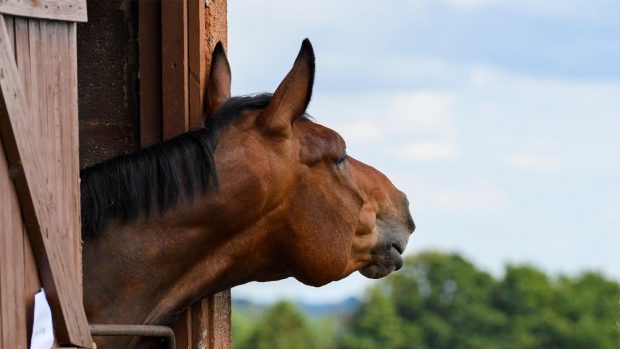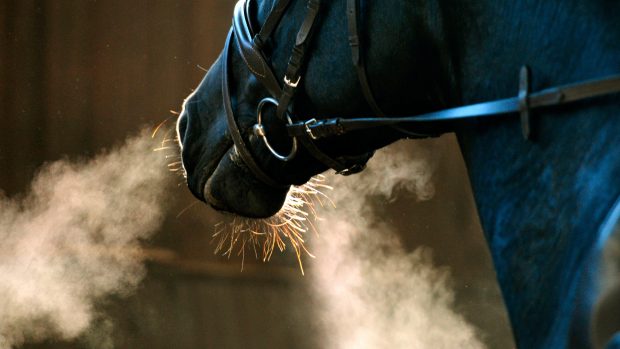Vets and supplement manufacturers have said there is no evidence that two dietary supplements declared ineffective for humans last week are also ineffective for horses.
The findings from a Swiss university’s study on chondroitin and glucosamine, “nutraceuticals” used to treat osteoarthritis in humans and animals, appeared in the British Medical Journal (BMJ).
The study recommended doctors stop prescribing them as an arthritis treatment after finding no evidence of improvement in patients when the supplements were taken either alone or together.
Glucosamine and chondroitin are used widely in the equine industry. Leading vet Sue Dyson, head of clinical orthopaedics at the Animal Health Trust’s Centre for Equine Studies, warned that the study bears no relevance to horses.
“Humans and horses have different digestive systems and absorb substances differently,” she said. “I like to have scientific evidence of efficacy. But people like to do something, and, as far as we know, glucosamine and chondroitin do no harm.”
Although there have been no significant UK studies to prove that glucosamine and chondroitin are effective in horses, equine nutraceutical manufacturers remain confident in their products.
Eliane Bennington of Healthspan, which owns VetVits, said: “We are not going to stop selling it — people who use it know it helps joints.”
And H&H forum users last week spoke out in support of the substances — the majority saying they found joint supplements effective.
Vet Andrew McGonnell added that anecdotal evidence that the products work should not be “written off”.
“Many of my clients have seen benefits, and, crucially, have seen deterioration when treatment stops,” he said.
This article was first published in Horse & Hound (30 September, ’10)



